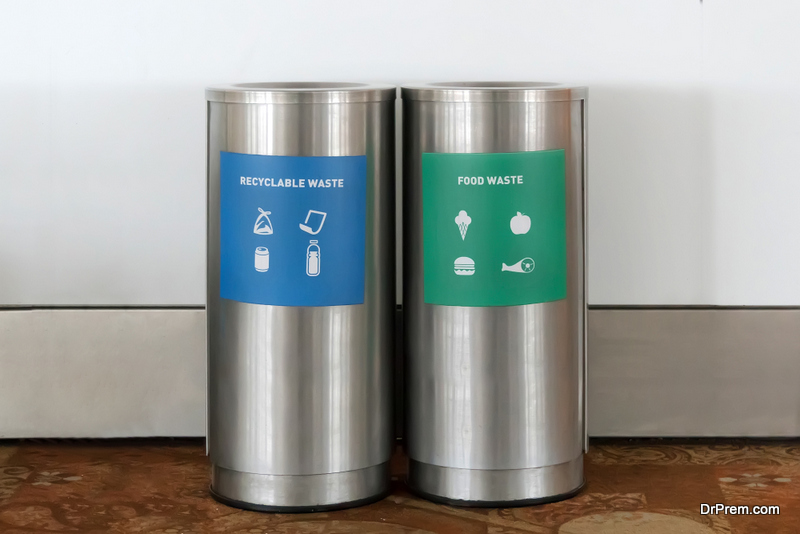The ever-increasing global populations, as well as demand for food and other life essentials, have both contributed to the amount of wastes being generated daily by every household. Another concern that accompanies increased waste generation is the huge fraction of it being thrown into dumps and landfills. In most cases, the household waste is picked by commercial waste collectors or taken to municipal waste collection centers. There are also instances when rubbish removal activities face inefficient infrastructure or resource crunch. It follows that not all the trash is collected and transported to the landfills. Improperly disposed waste poses serious health challenges to human, animals and the environment as a whole.
Health Concerns Arising from Mishandling of Wastes
 While considering the health consequences of improper rubbish disposal, the population in the so affected areas is at great risk. The workers at the facility emitting toxic wastes and the workers or companies handling collection and transportation of the waste are no exceptions. Direct exposure to hazardous waste harshly affects human and animal health. There have been instances of chemical exposure to harmful metals like lead and mercury. These are mainly due to poor dumping of household effects like batteries and other used chemicals.
While considering the health consequences of improper rubbish disposal, the population in the so affected areas is at great risk. The workers at the facility emitting toxic wastes and the workers or companies handling collection and transportation of the waste are no exceptions. Direct exposure to hazardous waste harshly affects human and animal health. There have been instances of chemical exposure to harmful metals like lead and mercury. These are mainly due to poor dumping of household effects like batteries and other used chemicals.
Organic domestic waste readily ferments creating resultant conditions suitable for growth and survival of microbial pathogens. Again, direct handling of domestic waste can lead to various types of infectious diseases, posing serious health threat. Vulnerable in such situations are the waste workers and rag pickers. This points to the importance of leaving the work of garbage collection and transportation to professional waste handlers. Waste handlers such as Clearabee come with suitable waste collection and transportation equipment, easing most of the trash handling challenges.
The health risks associated with domestic wastes do not end at the household compounds. Waste treatment and disposal sites, if improperly managed, can also expose the whole neighborhood to health hazards. Inappropriate operation of incineration plants leads to air pollution. Poorly designed landfills attract disease vectors like rodents and insects. These sites should thus be situated a safe distance from human settlement. Landfills should not allow leakage into nearby ground water sources.
Appropriate Preventive Measures
 To protect the environment as well as animal and human health, undertaking proper waste disposal methods cannot be disregarded. This will contribute to lessening the associated health hazards. Households should also embrace proper segregation of wastes. It thus becomes easy to follow that the organic trash is not taken to landfill, but rather kept aside for composting. This is the most suitable way to handle this type of rubbish. The composted material can then be used as manure.
To protect the environment as well as animal and human health, undertaking proper waste disposal methods cannot be disregarded. This will contribute to lessening the associated health hazards. Households should also embrace proper segregation of wastes. It thus becomes easy to follow that the organic trash is not taken to landfill, but rather kept aside for composting. This is the most suitable way to handle this type of rubbish. The composted material can then be used as manure.
Another issue that commonly goes without drawing much attention is overflowing waste bins. Apart from such instances being unsightly, overflowing garbage causes air pollution and enhances chances of respiratory diseases. The trash can spread to affect the whole neighborhood by contaminating surface waters. It’s also hard to forget that bacteria, insects and vermin thrive from garbage. To solve this challenge, installing larger bins, increasing collection frequency and planning collections ahead of time with the help of monitoring fill-sensors could ultimately prove important.
Article Submitted By Community Writer


